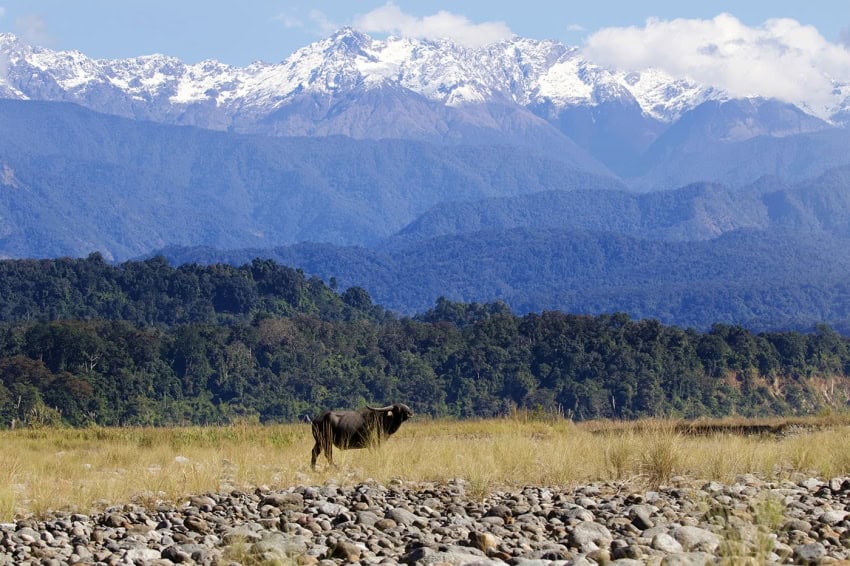ISLAMABAD – As the world comes to terms with the effects of global environmental change on zoonotic disease risks and the links between biodiversity and habitat loss, global pandemics such as COVID-19, and climate change, the Global Landscapes Forum (GLF) community, of which ICIMOD is a Charter member, is issuing a powerful prescription for averting these crises, with seven recommendations to harness the power of landscapes to safeguard biodiversity.
A new document by the GLF and Youth in Landscapes Initiative (YIL), One World, One Health: recommendations for harnessing the power of landscapes, confronts such realities as the mass extinction that could see up to a million species disappear from the earth in the coming decades. It outlines seven immediate steps:
- Include public health perspectives in landscape and ecosystem management
- Transform financial structures for conservation and restoration, especially through re-targeting of subsidies and stimulating youth employment
- Return ownership of food systems, value-chain decision making, and financing mechanisms to local communities
- Develop inclusive knowledge sharing platforms
- Promote the application of rights-based approaches in sustainable development
- Scale up local initiatives and successes
- Give the narrative back to communities that have the most at stake from climate, health, and biodiversity crises
These are some recommendations from the report One World, One Health, which is being released today. These solutions and potent pathways grew out of the GLF Biodiversity Digital Conference 2020 “One World, One Health” (28-29 October 2020), which reached 35 million people on social media.
ICIMOD hosted a session at the One World, One Health conference to highlight the links between biodiversity, landscapes, culture, and health in a post-COVID “new normal”. Speakers from Bhutan, China, India, Nepal, and Pakistan participated in the session to address critical questions related to biodiversity conservation and sustainable development in the Hindu Kush Himalaya (HKH).
This report by GLF builds on ICIMOD’s session at the GLF Biodiversity Conference and included the HKH Call to Action as part of the recommendations.
“The HKH is facing rapid population growth, unsustainable development, migration, and climate change, with COVID-19 further compounding these challenges,” said Pema Gyamtsho, Director General of ICIMOD at the GLF Biodiversity Conference last year.
The GLF community is reminding the world it can afford to invest in conserving biodiversity by re-focusing its subsidies. In 2012, the CBD estimated that it would require between US$ 150-440 billion annually to achieve its Aichi Targets. Currently, governments spend upwards of US$ 500 billion on environmentally harmful subsidies.
The recommendations contribute to the work around the post-2020 Global Biodiversity Framework, which is to be adopted by the United Nations Convention on Biological Diversity (CBD) this year. It will also contribute to the United Nations Decade on Ecosystem Restoration (2021-2030) and play a significant role in promoting solutions regarding sustainable use and conservation of our planet’s biodiversity.














